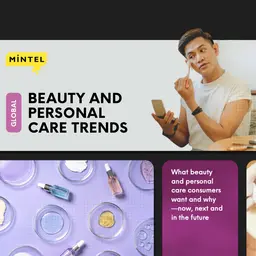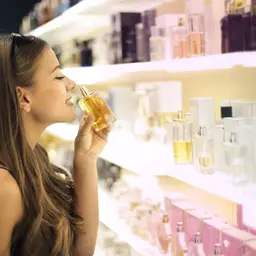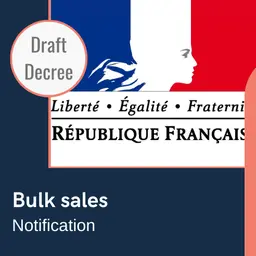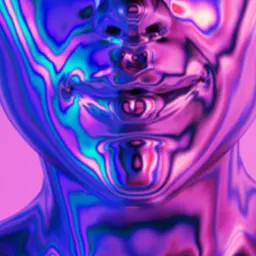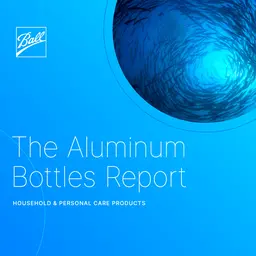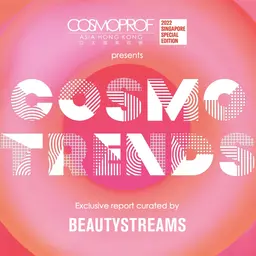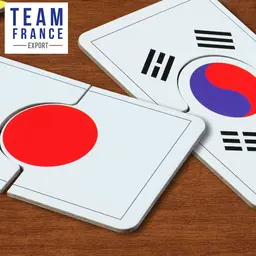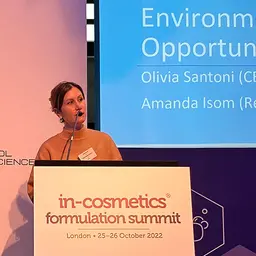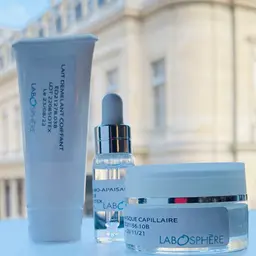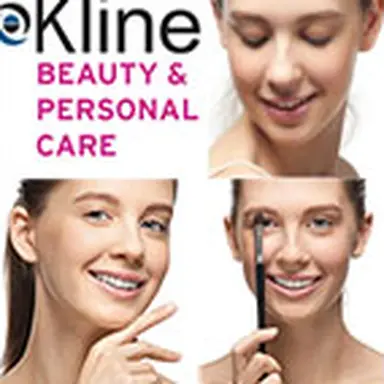
The beauty market is driven by technological advancements that allow personalized beauty solutions on various levels. According to research firm Kline, high double- to triple-digit growth is seen among those brands that manage to capitalise on personalised approaches in 2015. Driven by these high growth brands and particular product categories, sales of cosmetics and toiletries increase by 3.8% in 2015 in the U.S.
Personalisation starts at the product level when brands like Skin Inc., Lancôme, or Mix-o-logie offer their custom beauty regimens or scents, and continues through personalised products suggestions offered by beauty apps or targeted marketing messages through various social media platforms.
Both large and niche brands utilise the power of social media to connect with target consumers. Large brands like Neutrogena, Clinique, or Estée Lauder have become key social influencers as they turned to beauty social media celebrities to appeal to millennials. Smaller brands, such as Tarte, Too Faced, E.L.F. Cosmetics, Anastasia Beverly Hills, and IT Cosmetics, among others, often choose to make relationships by appealing to their target audience through the girl-next-door type of social stars.
'Smaller brands have a distinct advantage as they are very nimble and can listen more closely and adapt to consumers’ demands quicker,' comments Naira Aslanian, the Kline's research project manager. 'The fact that smaller brands, particularly in the makeup products class, grow the strongest confirms the power of social media levelling the playing field among large players with hefty advertising budgets, and small, niche brands that do not have the larger marketing budgets. It also demonstrates the power these companies have in terms of …

